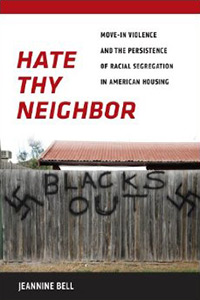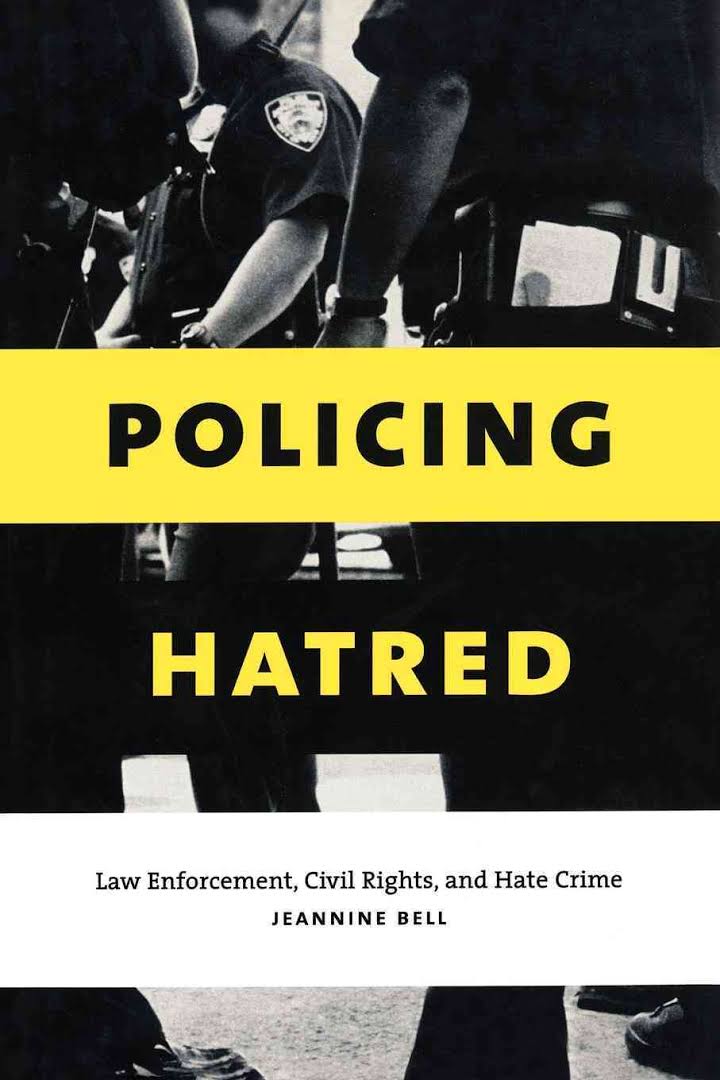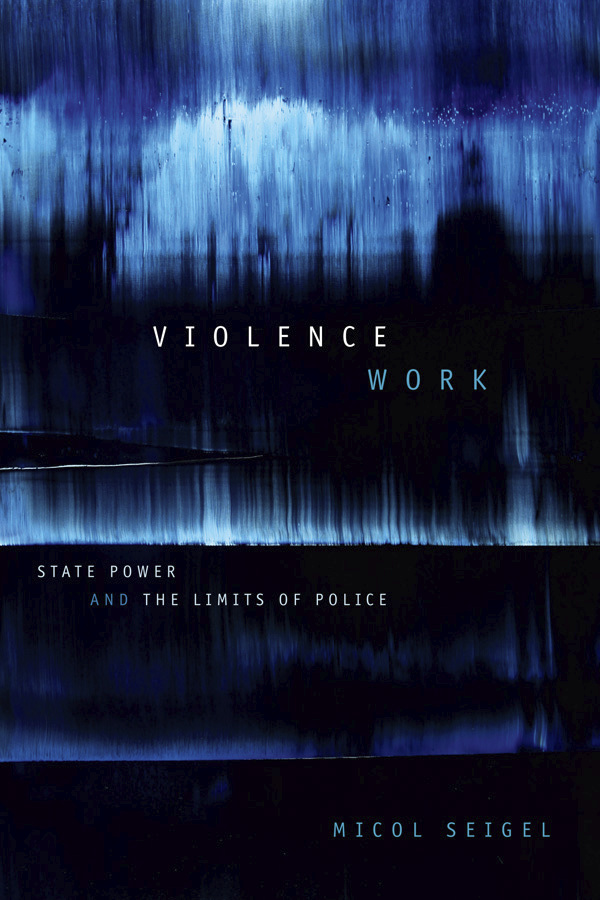Hate Thy Neighbor: Move-In Violence and the Persistence of Racial Segregation in American Housing
Jeannine Bell
NYU Press, 2013
Despite increasing racial tolerance and national diversity, neighborhood segregation remains a very real problem in cities across America. Scholars, government officials, and the general public have long attempted to understand why segregation persists despite efforts to combat it, traditionally focusing on the issue of “white flight,” or the idea that white residents will move to other areas if their neighborhood becomes integrated. In Hate Thy Neighbor, Jeannine Bell expands upon these understandings by investigating a little-examined but surprisingly prevalent problem of “move-in violence:” the anti-integration violence directed by white residents at minorities who move into their neighborhoods. Apprehensive about their new neighbors and worried about declining property values, these residents resort to extra-legal violence and intimidation tactics, often using vandalism and verbal harassment to combat what they view as a violation of their territory.





